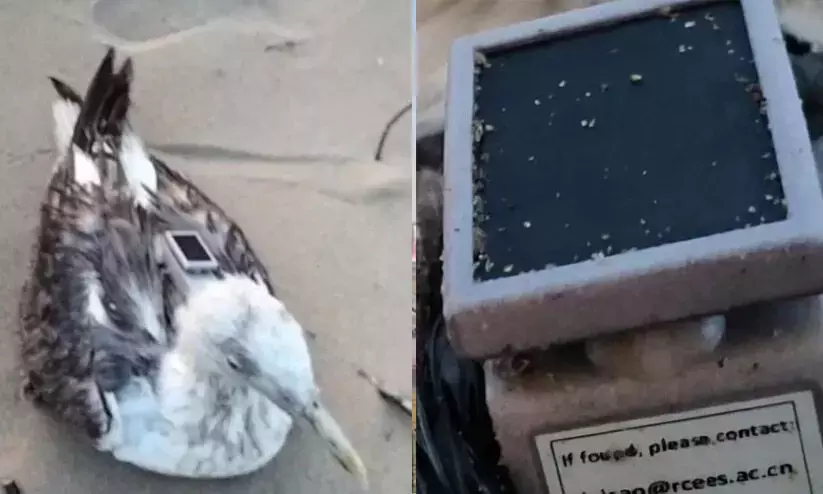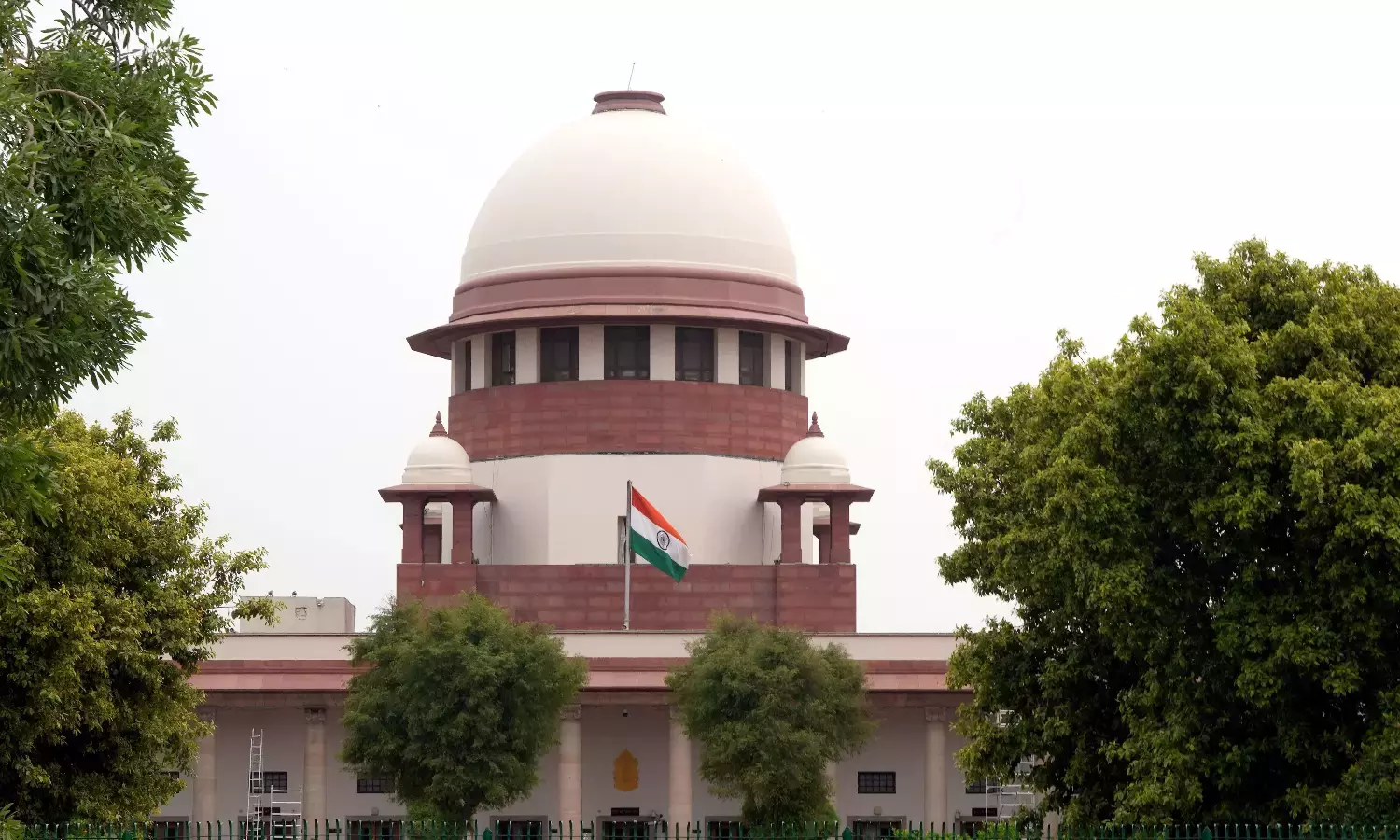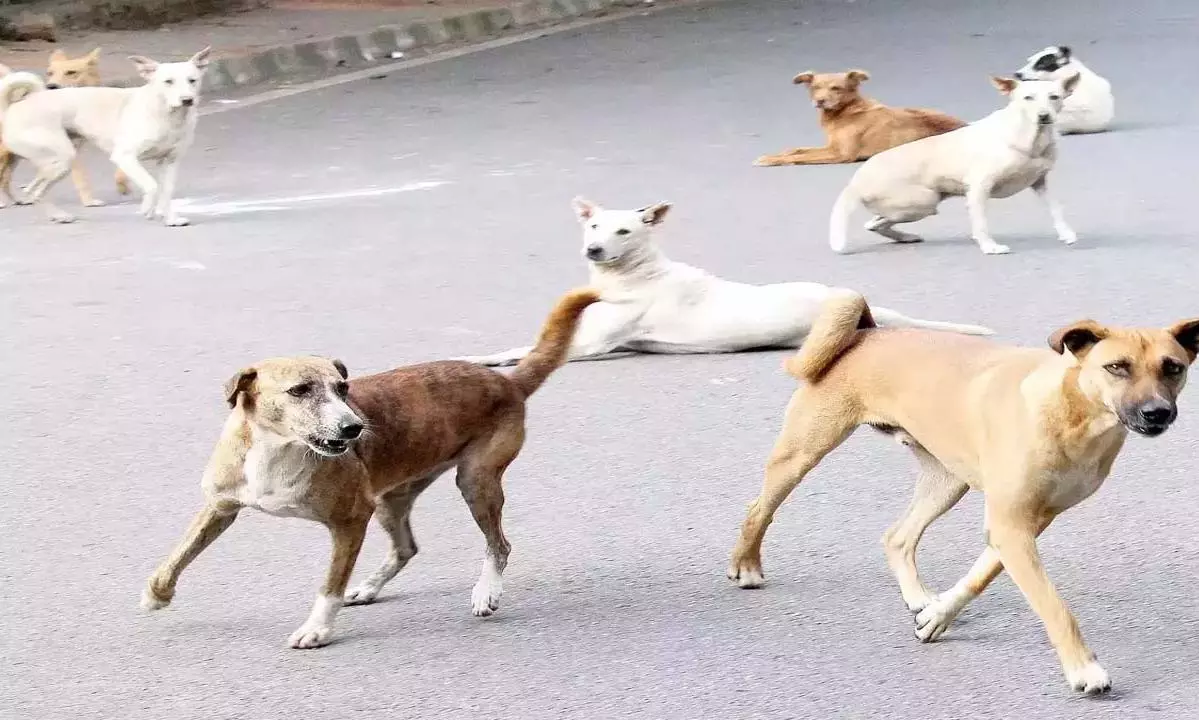
The government must answer for these deaths
text_fieldsIn Kerala, another child has died while undergoing treatment for rabies infection. This is the fourth death of its kind within a week. The child who passed away was also bitten by a street dog, and received primary treatment and three doses of the vaccine. Since the beginning of this year, 14 people have died due to dog bites. It is a major challenge that people, including children, who seek treatment end up succumbing to death. The child who died in Kollam had received both primary and follow-up treatment. Immediately after being bitten, the wound was thoroughly cleaned, and the child was taken to the primary health centre, where they received a vaccination shot. Rabies serum was also administered on the same day. Despite all efforts, the child could not be saved. Meanwhile, doctors believe that the child’s wound was deep and the infection reached the brain through the nerves in the wound. In 2024, 26 people died from rabies infection in the state whereas in 2023 the death toll was 17 people. Eight deaths in 2023 remain under suspicion. If we consider the unreported deaths and the lives of those living a death-like existence due to street dog attacks, the issue remains far from resolved.
Every day, more than a thousand people in Kerala seek treatment for injuries from street dog attacks. The official estimate states that there are four lakh street dogs in the state. However, unofficially, the number exceeds 15 lakhs. They roam the streets of villages and cities, day and night. Accidents caused by street dogs jumping in front of vehicles and causing loss of vehicle control happen by the hundreds. Many of these street animals also lose their lives in vehicle collisions. In the past, there were large-scale programs including rabies vaccination and birth control measures for street dogs. Local bodies that once implemented vigorous programs are now neglecting the control of street dogs. Neglect in waste management, along with the abandonment of older, sick, and diseased pet dogs, has contributed to the increase in street dogs. As with any other living being, humans should adopt a compassionate approach towards dogs. However, it is neither possible to allow nor accept a situation where dogs that bark, chase, and bite roam freely in the streets and fields, targeting people, including children and the elderly. It is the responsibility of local and state governments to control them and provide treatment and care for those who are bitten. Unfortunately, they have been greatly unsuccessful in this matter.
Rabies-related deaths are raising concerns about the effectiveness of the vaccine. There has been growing doubt about both the safety of the vaccine and the effectiveness of the treatment. The vaccine is free in government hospitals. Although not available everywhere, it is stocked in medical colleges and district hospitals. At the same time, there is widespread concern about the handling, quality, and storage of the vaccine. Health workers point out that the refrigeration systems required to store the vaccine often fail due to power outages which raise doubts about its effectiveness. Vaccines need to be stored at temperatures between 3 and 8 degrees Celsius. Maintaining this temperature during power failures is challenging. Only those with special training administer the vaccine. However, sometimes there are lapses in this process as well. It is also essential to periodically check the potency of the antibodies in stored vaccines. The state health department is responsible for ensuring that such lapses do not occur and addressing all doubts related to the vaccine. Unfortunately, not only are these measures not being taken, but awareness about the vaccine has also become minimal.
The death toll from rabies in the country is targeted to reach zero by 2030, which is one of the priorities of the National Health Mission. In line with this, Kerala health department has also announced that it aims to make the state rabies-free by 2030. However, the new circumstances present a major challenge to this goal. It is not enough to claim repeatedly every day that the state's health sector is number one. The responsibility to protect people's lives must be fulfilled to substantiate that claim.


























